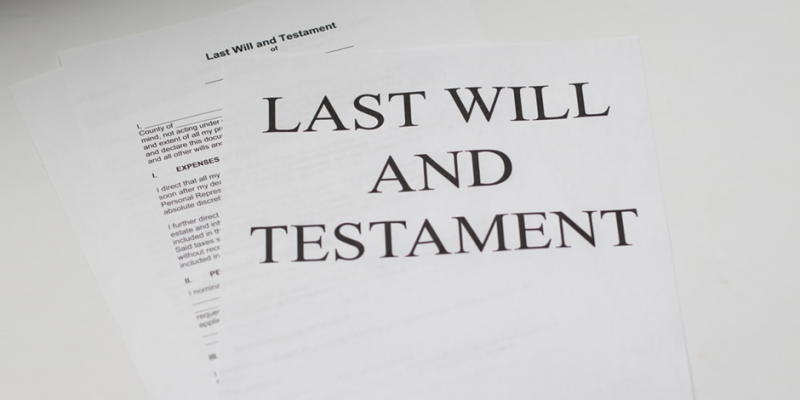When people pass away, they generally leave their possessions to an heir or next of kin to take over ownership and care. You might receive precious jewelry, a book collection, or your loved one’s prized car. However, you might also take over the ownership of a property, which you may not be sure what to do with.
While inheriting a house can be a pleasant surprise, it can also put you in a complicated position. If you’re unsure what to do after finding yourself in this situation, some of the following options may appeal.
Sell It
If you already own a home and aren’t in the position to take on the responsibility and financial burden of another, selling it might be your best option. There are many different ways to go about this process, including selling a house without a realtor, selling it with one, or going down the for sale by owner (FSBO) route.
Selling a house through a real estate agent can be a long and arduous process, particularly when you have to make the property available to view when it suits prospective buyers. If you don’t live nearby, this can be a frustrating undertaking.
Selling through a real estate agent also means you need to part with realtor fees of up to 6% and pay advertising costs and closing fees. Alternatively, you may like to try selling it yourself, but this can often require you to find out as much as possible about house transactions and takes a significant amount of time.
Instead, you may see the value in selling your inherited property to a professional buyer. They buy homes in any condition and can pay cash in a matter of days while also covering most or all property sales-related fees.
Move In
If you’re yet to take your first step onto the property ladder, inheriting a house may have been everything you could have wanted and more. While you may feel sad about the reasons you’re now a homeowner, this may be your chance to fully embrace the experience.
After inheriting a home, you can move into it as if you were purchasing it yourself. There are legal hoops to jump through with taking over ownership, but it will be in your name before long. As you get ready to move in, you’ll need to look at your home insurance options, utilities to be put into your name, and a change of address for any other mail you might receive.
Rent It Out
If you’re thankful for an extra asset but don’t live in the area or already own your own home, you might consider renting your inherited house out. You might not be ready to sell it, but your current living situation is more than satisfactory for your needs.
Renting out a property can give you a taste of life as a landlord. You can hand over control to a property manager or manage the tenants yourself. Many homeowners find it much easier to hand over power to property management businesses that know how to request rent payments and take care of maintenance.
Turn It Into a Vacation Home
Many people can find themselves torn when they inherit a home. They see the value in selling to a professional buyer to liquidate the asset, but they also quite like the idea of being able to use the home and make money on it when they want to.
Turning your inherited property into a vacation home may provide you with the best of both worlds. You can use it when you want to get away from your own home, but you can also publish it as a listing on accommodation websites like Airbnb and make income from it. This option may also appeal to someone who isn’t quite ready to deal with property management full-time.
However, it’s worth keeping in mind that you may need to spend significant sums of money to get the property up to the standard for which people would be happy to pay. At this point, you may make more money by selling the property than renting it out on a short-term or long-term basis.
Let It Sit
There are over a million homes sitting vacant in the United States and for all different reasons. One of those reasons might be that someone has inherited a property and isn’t immediately sure what to do with it.
Letting a house sit vacant is never a good idea. It can become a target for vandals and thieves and may also be at risk of significant damage without someone to maintain it. While letting a house sit for a few months is okay when you’re working out what to do, it’s one of the last options you have at your disposal.
Inheriting a house can be an overwhelming experience, especially if you’re grieving the loss of whoever left it to you. However, you don’t have to feel trapped in your situation. You can sell your house to professional buyers, rent it out on a short-term or long-term basis, or even move into it. The choice is yours.










Comments